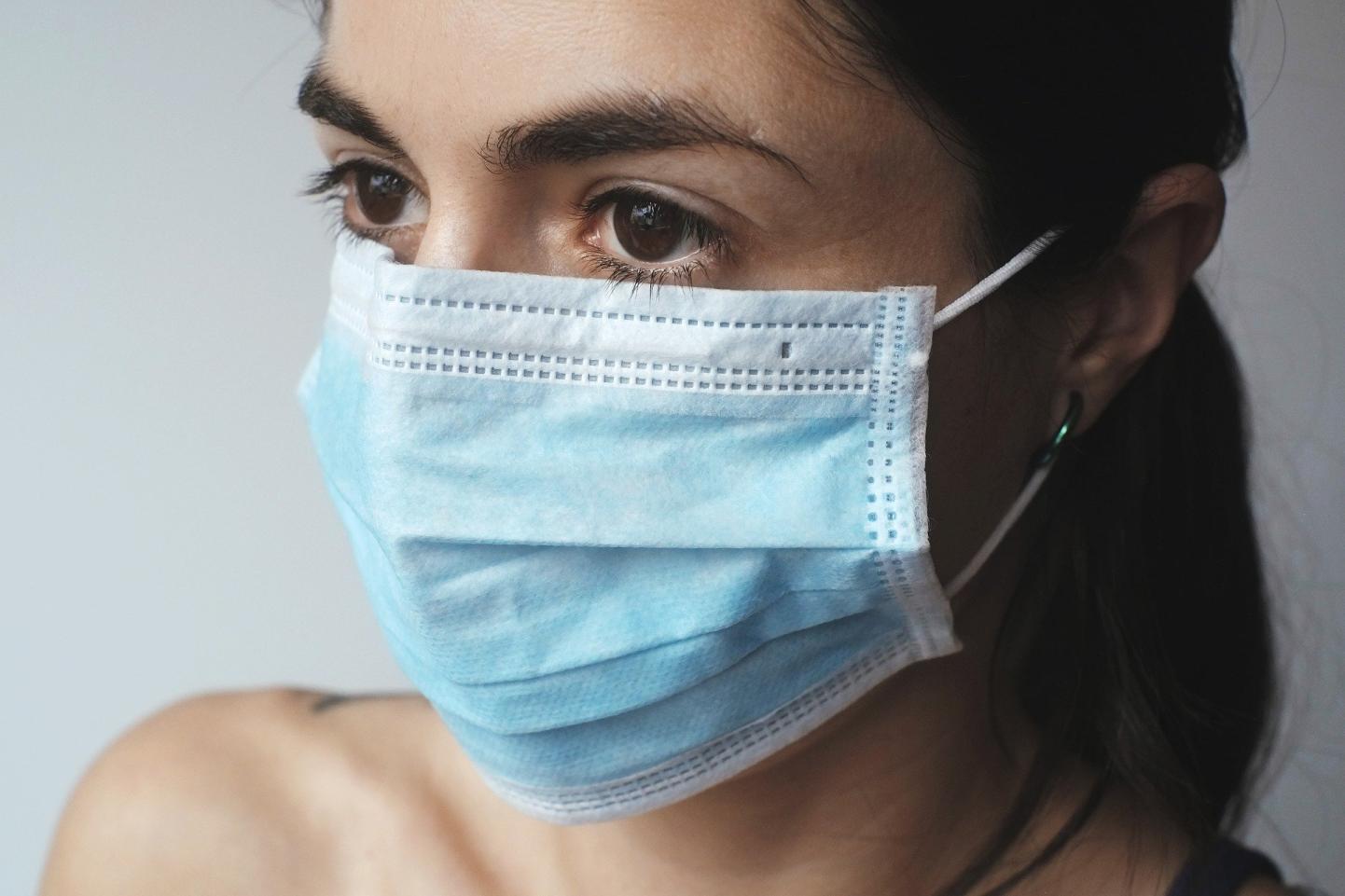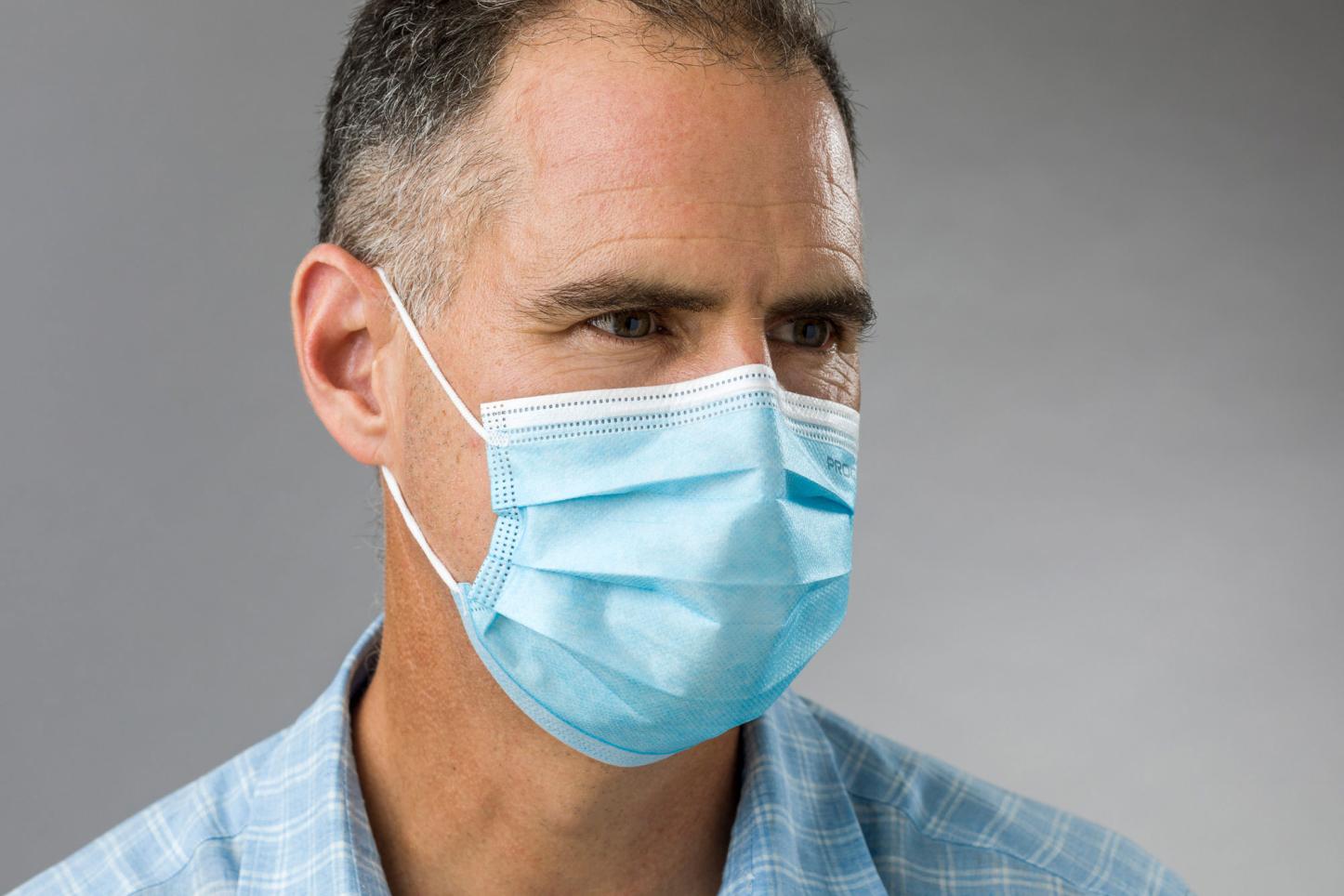Are Surgical Masks Effective in Preventing the Spread of Respiratory Infections?
Introduction

The ongoing COVID-19 pandemic has highlighted the importance of understanding the effectiveness of surgical masks in preventing the spread of respiratory infections. This article examines the evidence surrounding the use of surgical masks in reducing the transmission of respiratory illnesses, providing insights into their mechanisms of action and factors influencing their efficacy.
I. Surgical Masks: An Overview
Definition:
Surgical masks are disposable or reusable face coverings designed to protect the wearer from inhaling airborne contaminants, including respiratory droplets and aerosols. They are commonly used in healthcare settings to prevent the spread of infections during surgical procedures and patient care.
Types Of Surgical Masks:
- Disposable Surgical Masks: These are single-use masks made of non-woven materials such as polypropylene. They are lightweight, breathable, and provide a barrier against respiratory droplets and aerosols.
- Reusable Surgical Masks: These masks are made of durable materials like cotton or synthetic fabrics. They can be washed and reused multiple times, offering a more sustainable option compared to disposable masks.
II. Mechanisms Of Transmission Of Respiratory Infections
Airborne Transmission:
Respiratory infections can be transmitted through airborne transmission, where infectious respiratory droplets and aerosols are expelled into the air when an infected person coughs, sneezes, or talks. These droplets and aerosols can remain suspended in the air for varying periods, potentially infecting others who inhale them.

Role of Surgical Masks: Surgical masks can help block respiratory droplets and aerosols, reducing the risk of airborne transmission. By filtering out these infectious particles, masks can prevent them from reaching the wearer's nose and mouth, thus decreasing the likelihood of infection.
Contact Transmission:
Respiratory infections can also be spread through contact transmission, where an infected person's respiratory droplets or aerosols land on surfaces or objects, and another person touches those surfaces or objects and then touches their face, particularly their mouth, nose, or eyes.

Role of Surgical Masks: Surgical masks can reduce the risk of contact transmission by preventing direct contact with respiratory droplets. By covering the wearer's mouth and nose, masks create a physical barrier that helps prevent the wearer from touching their face with potentially contaminated hands.
III. Evidence On The Effectiveness Of Surgical Masks
Studies On Healthcare Workers:
Numerous studies have examined the effectiveness of surgical masks among healthcare workers, who are at high risk of exposure to respiratory infections. These studies have shown that surgical masks can significantly reduce the incidence of respiratory infections among healthcare workers.
- A study published in the journal "Infection Control & Hospital Epidemiology" found that healthcare workers who wore surgical masks had a 66% lower risk of acquiring respiratory infections compared to those who did not wear masks.
- Another study published in the journal "The Lancet" reported that surgical masks reduced the risk of influenza infection among healthcare workers by 50%.
Studies In Community Settings:
Studies conducted in community settings have also assessed the impact of surgical masks on respiratory infection transmission. While the results of these studies have been more varied, some have shown a beneficial effect of mask-wearing.
- A study published in the journal "JAMA Internal Medicine" found that surgical masks were associated with a 46% reduction in the risk of influenza-like illness in community settings.
- However, another study published in the journal "The BMJ" reported no significant difference in the incidence of respiratory infections between individuals who wore surgical masks and those who did not.
Limitations Of Existing Evidence:
It is important to acknowledge the limitations of the current evidence on the effectiveness of surgical masks. Variations in study designs, methodologies, and settings make it challenging to draw definitive conclusions.
The effectiveness of surgical masks can be influenced by factors such as proper usage, mask quality, and duration of use, which can vary across studies and individuals.
IV. Factors Influencing The Effectiveness Of Surgical Masks
Proper Usage:
The effectiveness of surgical masks depends on proper usage. Masks should be worn snugly over the nose, mouth, and chin, ensuring a tight fit to prevent gaps where respiratory droplets and aerosols can enter.
Improper mask usage, such as wearing the mask below the nose or removing it frequently, can reduce its effectiveness and increase the risk of infection.
Mask Quality And Material:
The quality and material of surgical masks can also impact their effectiveness. Masks made of high-quality materials that effectively filter respiratory droplets and aerosols provide better protection.
Surgical masks that meet relevant standards and regulations, such as those set by the Centers for Disease Control and Prevention (CDC) or the World Health Organization (WHO), are generally considered to be effective in reducing the transmission of respiratory infections.
Duration Of Use:
The effectiveness of surgical masks can decrease over time, particularly with prolonged use. Masks should be replaced or disposed of according to the manufacturer's instructions or when they become visibly soiled or damaged.
Extended use of surgical masks can lead to reduced filtration efficiency and increased risk of infection, especially in high-risk settings such as healthcare facilities.
V. Conclusion
Surgical masks can be an effective tool in preventing the spread of respiratory infections when used correctly and in conjunction with other infection prevention measures. While the evidence on their effectiveness is not always conclusive, studies have shown that surgical masks can significantly reduce the risk of infection among healthcare workers and, to some extent, in community settings.
Proper usage, mask quality, and duration of use are important factors that influence the effectiveness of surgical masks. Public health guidelines and recommendations should be followed to ensure optimal protection against respiratory infections.
By using surgical masks as part of a comprehensive approach to infection prevention and control, individuals can help protect themselves and others from respiratory illnesses, contributing to the overall health and well-being of the community.
YesNo

Leave a Reply